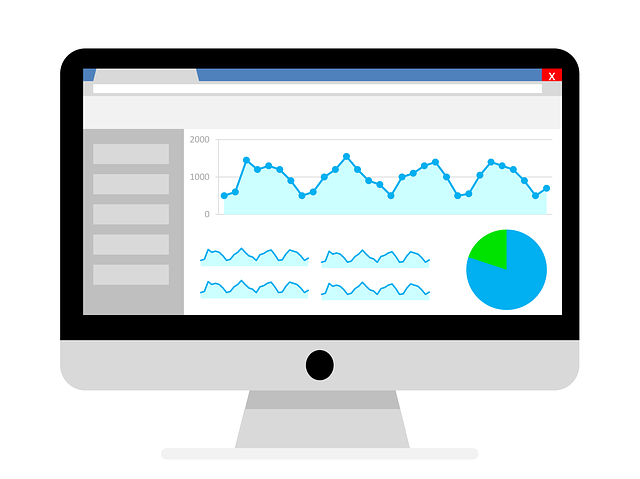Definition Of The Application Performance For Newbies
Whether you are looking for a ride, using social media or communicating with your coworkers, apps have seemingly taken over the world. They have so many uses and new apps are always being released. There are millions and millions of different apps out there (especially in the mobile space), so there is a lot of competition for users.
There are many important things that people and businesses look for in an app. They want it to be useful, affordable, well-supported and serve a purpose. However, arguably the most important thing about an app is its performance. An app can have all the features and benefits in the world, but if the performance is lagging behind, no one will use it.
With that in mind, this article is going to not only look at what application performance is, but also what people can do to boost the performance of their own apps.
What is Application Performance?
As you would expect application performance refers to how well your app performs. Specifically, this can be broken down into two unique types. One is the app performance that is experienced by the app user, and the other is a measuring of how many resources are consumed by the app as it works.
As mentioned, the first type of application performance looks at the user experience that end users will have. Good application performance will feature quick response times, pages that load in a timely manner and things like that. On the other hand, application performance can also be looked at internally. If the app is consuming and using more resources than it needs, the performance of the app likely isn’t optimized. While your app performance is dependent on the app itself, the level of your service can also have an impact.
In addition to application performance, it is also a good idea to understand application performance management. Application performance management involves everything that goes into monitoring and managing how well your app is performing. This includes things like organizing and managing your logs, speed of transactions and other aspects of application performance that matter most. It is all about maintaining the expected level of service by diagnosing and fixing potential issues.
Now that you know the definition of application performance and application performance management, we’re going to take a look at some application performance tips. So if you are interested in upping the performance of your app or getting better at managing the performance, read on.
Tips to Improve Application Performance
Use a Load Balancer
One of the best and easiest changes you can make when it comes to improving app performance is to add a load balancer. A load balancer can help to distribute your traffic across a number of different servers, instead of just making one bigger. This can greatly improve the user experience and the load will be balanced and the single core server shouldn’t be overloaded.
In addition to helping improve performance, a load balancer can also lead to better security and can make it easier to expand your web server capacity.
Compress the Data within the App
No matter the sort of app you have, there is a good chance it uses data in some way. This could be photos, video, audio or even written content. Unfortunately, having massive amounts of data within your app can sometimes hurt the performance for the end user. As a result, you should look to compress the data within the app.
There are many compression standards out there for the different file including JPEG, MP4, MP3 and many others. These standards are great as they reduce file sizes so you get the same content on the app, without taking up as much space or as many resources. Ultimately, this will have a positive impact on the performance of your app to the end user.
Update Software Frequently
Creating and running an application takes a lot of hard work and a number of different pieces of software. The software stack you use will have a giant impact on the performance of your application. If you are using high-quality software, your application should be able to perform better. You should also ensure that the software you are using will be frequently updated.
In addition to updating the current software stack you use, you should also consider changing up what is included in your stack. You want to go with companies and products that not only have a good reputation but also are considered quite stable.
In conclusion, we hope this article has been helpful to not only learn the definition of application performance but also some tips to improve performance in your own app.







